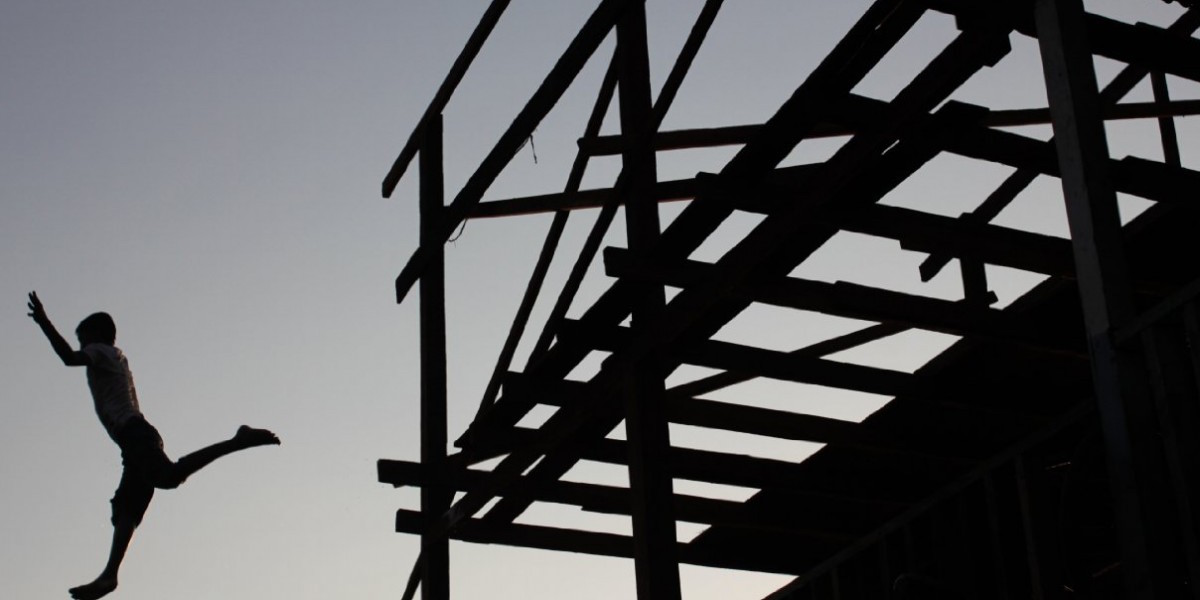Pragda Spanish Film Festival: Eternal Amazon

Pragda Spanish Film Festival: Eternal Amazon
Director: Belisario Franca / 88 min / 2013
Drama Language: Portuguese with English subtitles
Nationality: Brazil
ETERNAL AMAZON [Amazônia eterna] is the third film in the 2015 Pragda Film Festival.
Amazonia is the world’s last great natural frontier, with the largest freshwater reserves on the planet, home to a social diversity that can be sheltered only by such vast tracts of land. Anthropogenic, it is today home to 25 million people, having been subject to modification through human actions for thousands of years.
Everything in Amazonia is huge. But can this rainforest be eternal?
This film shows the people who live, love and work in Amazonia – people who cope with the difficult but doable challenge of finding an even balance between economics and ecology – and allows them to tell their own stories.
A collective history with lessons for the world is being written today in Amazonia. Stories of triumphs over adversity, pain, disappointment and doubts, with victories and innovation, looking ahead to the future. The stories of people who want to make an Amazonia eternal.
With an astonishing soundtrack and cinematography, Eternal Amazon presents a critical analysis of how the world’s largest tropical rainforest is understood and utilized. Exploring the Amazon’s five million square kilometers—home to 20% of the world’s freshwater reserves—the film asks whether it is possible for humans to make sustainable use of the rainforest by featuring nine successful projects for sustainable forest use that directly benefit the local population and foster good economic partnerships. Experts like economist Sergio Besserman, ecologists Bertha Becker and Virgilio Viana, and Amazonians themselves explain activities such as agriculture, fisheries, and animal husbandry. The film portrays the daily lives of the forest people as the guardians of this great natural heritage that, if properly managed, could last into eternity.
Dr. Regina Igel, of the Department of Spanish and Portuguese, will give a brief introduction before the film showing.
The 2015 Festival is presented by Dr. Fatemeh Keshavarz, Director of the School of Languages, Literatures, and Cultures, Dr. Laurie Frederik, Director of the Latin American Studies Center, and Dr. Eyda Merediz, Head of the Department of Spanish and Portuguese. The Festival Coordinator is Dr. José M. Naharro, also of the Department of Spanish and Portuguese.
Amazonia is the world’s last great natural frontier, with the largest freshwater reserves on the planet, home to a social diversity that can be sheltered only by such vast tracts of land. Anthropogenic, it is today home to 25 million people, having been subject to modification through human actions for thousands of years.
Learn about other films in the festival:
339 AMÍN ABEL HASBÚN. MEMORY OF A CRIME [339 Amín Abel Hasbún. Memoria de un crimen], October 13
PARADISE [Paraíso], October 20
ETERNAL AMAZON [Amazônia Eterna], October 27
THE CROW’S NEST [Malacrianza], November 3
ASIER AND I [Asier ETA biok], November 10
The film festival is made possible with support from the PRAGDASpanish Film Club and Spain Arts and Culture.

